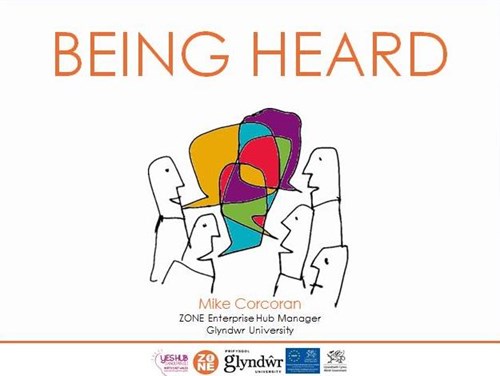Group Size
?
1.) Small group (teams of 4-6)
2.) Individual Task
3.) Large Group
4.) Any
Any
Learning Environment
?
1.) Lecture Theatre
2.) Presentation Space
3.) Carousel Tables (small working group)
4.) Any
5.) Outside
6.) Special
Special
QAA Enterprise Theme(s)
?
1.) Creativity and Innovation
2.) Opportunity recognition, creation and evaluation
3.) Decision making supported by critical analysis and judgement
4.) Implementation of ideas through leadership and management
5.) Reflection and Action
6.) Interpersonal Skills
7.) Communication and Strategy
5Reflection and Action
7Communication and Strategy
The ability to communicate effectively through social media is an essential asset for any business.
The BSc (Hons) Entrepreneurship Degree Programme at Glyndwr University attracts students with a passion for business, and many who have already launched their own enterprises. However, many lack confidence with, and knowledge and understanding of, how to utilise social media to best effect to support their businesses.
Facilitated by programme tutor Sarah Elizabeth Evans, and delivered by Mike Corcoran and the University's enterprise service 'ZONE', the workshop 'Being Heard' was delivered to address these concerns for a small group of 4 students. The workshop followed the format as outlined in How To Guide 'Workshop: Being Heard' (see resources). The workshop was delivered from a computer lab, over a two hour session, and combined the presentation elements of the workshop, with group and one-to-one discussion, and opportunities to work in real-time on the students own social media platforms.
The AV presentation for use in the delivery of the workshop can be downloaded via the link to the 'ZONE Enterprise Hub' web pages listed in the resources and references at the end of this document.

(See Resources / References for materials to accompany the delivery of this activity).
Activity Part 1: Introduction
Activity Part 2: Communication
Activity Part 2: Personal Brand
Activity Part 3: Social Media
Activity Part 4: Conclusion
With thanks to Sarah Elizabeth Evans, PhD student, Business School, Glyndwr University